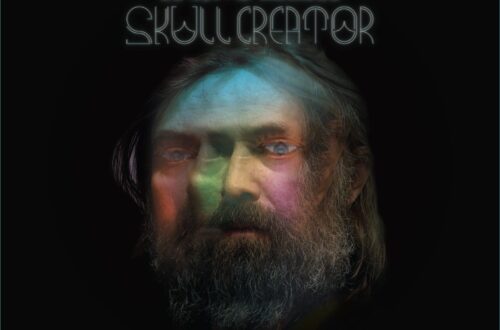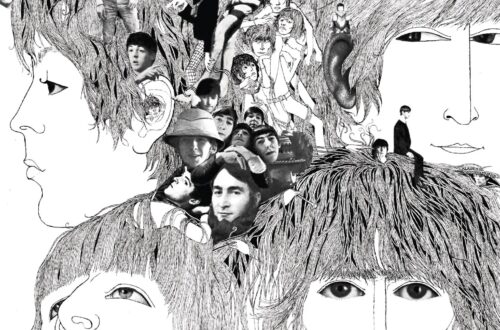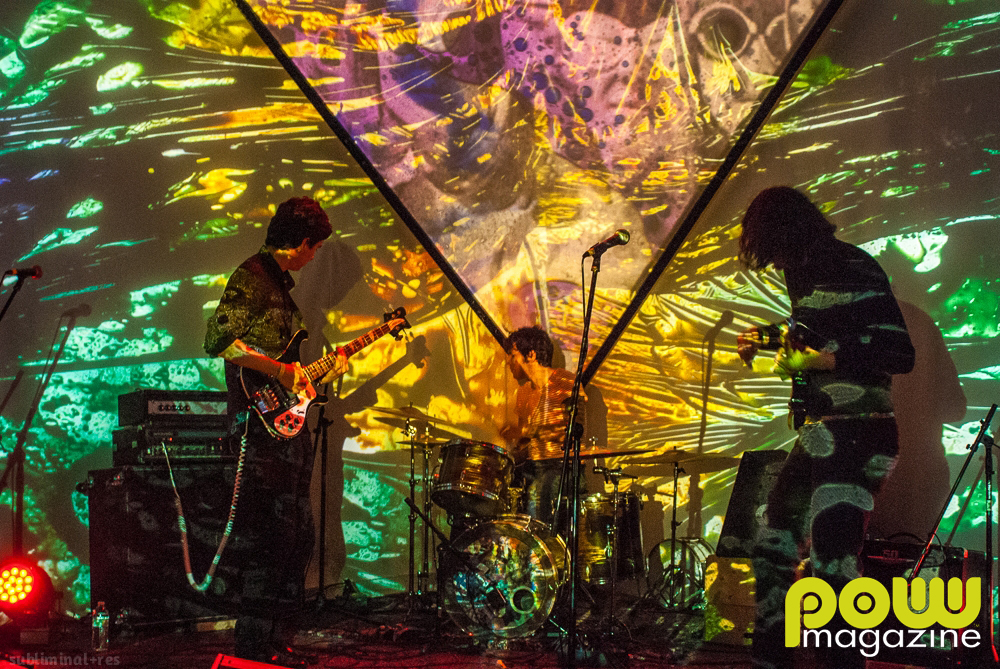
POW MAGAZINE’S LEGACY AND THE FUTURE OF MUSIC, 2011-2017

POW Magazine has existed online since 2011, but its full history goes back nearly three decades. POW began in the late 1980s as a physical fanzine focused on the San Francisco Bay Area music scene, focusing primarily on garage, punk, shoegaze, psychedelia, and things in between.
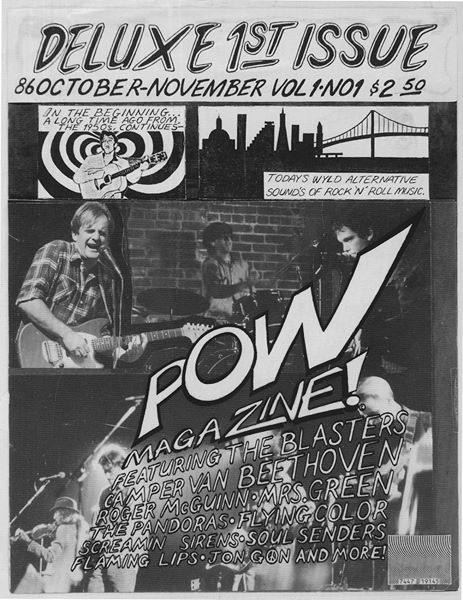

The idea for the magazine came out of a chance meeting between Dennis Gonzales and future co-founder & co-editor Dave Davis at a Tower Records in Campbell, California, where Davis worked. They shared a love for garage & psych music, both old and new, and plenty other sounds. Also participating was local musician Frank Novicki (Soul Senders, the Shockwaves), adding his preacher-like fervor to cover the music out of which POW was conceived. In its physical form, the fanzine ran for 3 years. After its last issue was distributed, POW was inactive for nearly 20 years.
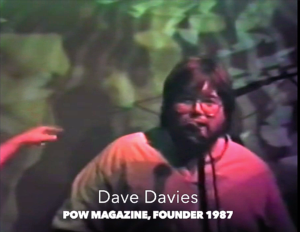
In 2011, POW founder Dennis Gonzales partnered with local college station KFJC 89.7 FM to present a radio documentary about the fanzine titled “The POW Magazine Anthology,” which aired over the course of two nights and featured recorded interviews and videos from the POW archives. The documentary was created with the help of disc jockeys at KFJC and took several months, involving the digitization of cassettes and music research, as well as thorough editing of audio and video footage from several years prior. The program sparked a renewed interest and excitement in POW and in the local music scene. This led to the revival of POW on April 15, 2011, establishing a website and social media presence for a wider, global audience.
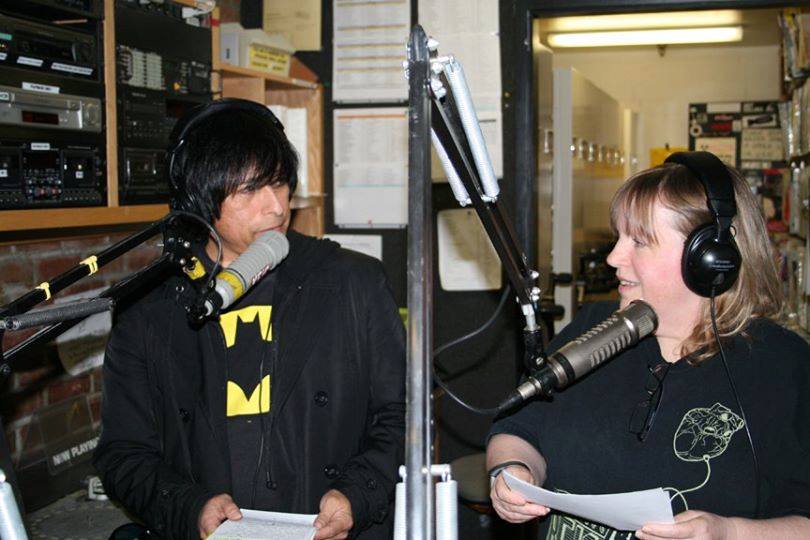
In 2011, POW founder Dennis Gonzales partnered with local college station KFJC 89.7 FM to present a radio documentary about the fanzine titled “The POW Magazine Anthology,” which aired over the course of two nights and featured recorded interviews and videos from the POW archives. The documentary was created with the help of disc jockeys at KFJC and took several months, involving the digitization of cassettes and music research, as well as thorough editing of audio and video footage from several years prior. The program sparked a renewed interest and excitement in POW and in the local music scene. This led to the revival of POW on April 15, 2011, establishing a website and social media presence for a wider, global audience.

POW quickly built a loyal local following, and the following online quickly reached all across the globe. While San Francisco remains POW’s homebase, POW staff and contributors are now located all over the world, allowing POW to cover music and art events in various countries, as well as discover and share new music with a global audience. To keep up with the larger audience, POW expanded with the addition of new contributors in various locations worldwide. Each bring their own unique perspective and passion for music to the content produced. In addition to the POW website, POW is also present on numerous social media platforms including Ello, YouTube, Facebook, Instagram, and Twitter, and the following continues to grow.
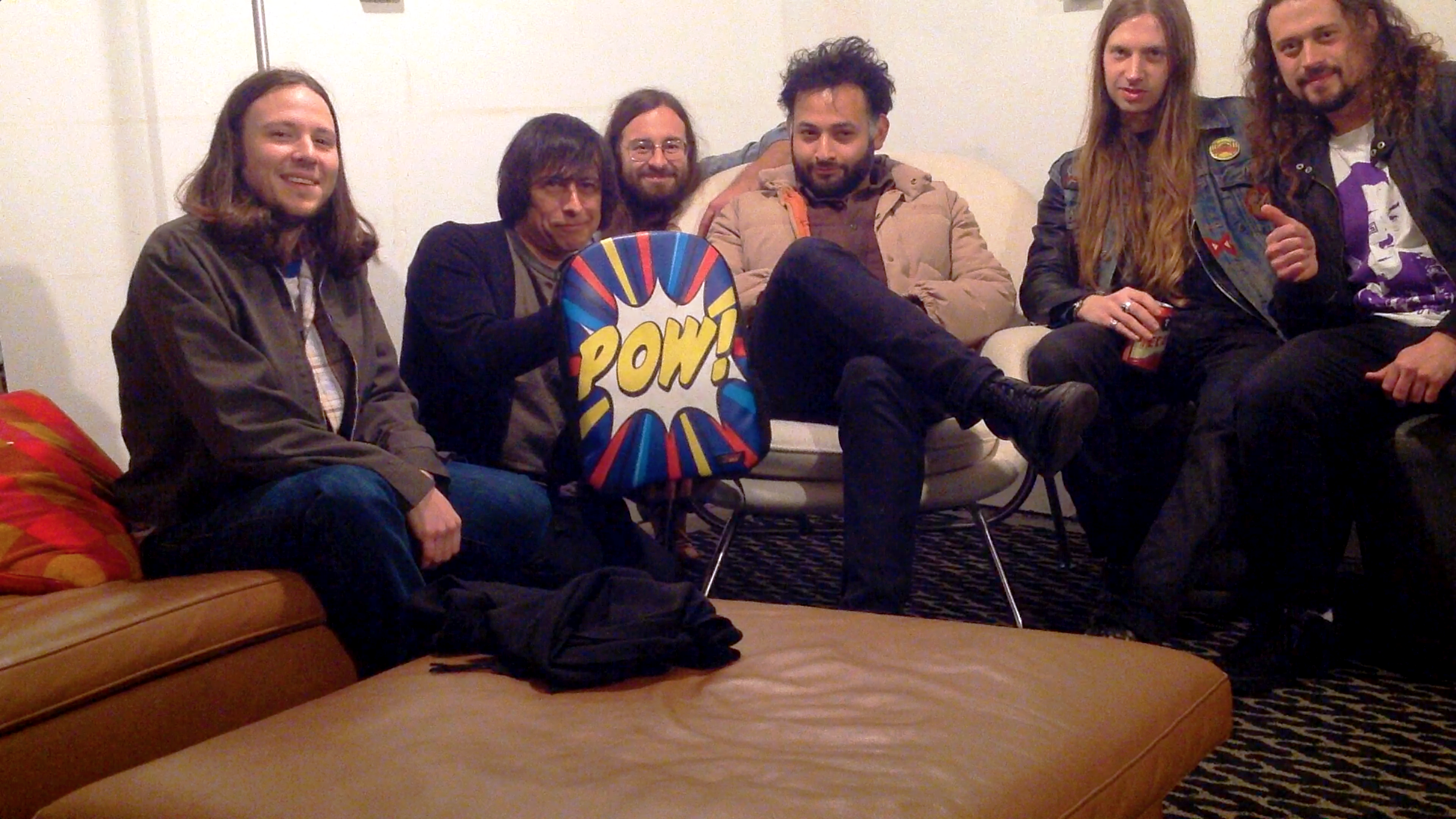
Since its revival in 2011, POW has been involved in the documentation of several festivals including: the Liverpool International Festival of Psychedelia, Desert Stars Festival, Levitation, Cosmosis Festival, Nuggets Night, and various others.

POW has also organized events of its own, beginning in 1987 with their involvement with the No More Censorship Defense Fund. The event that ignited their advocacy was the 1986 raid of Alternative Tentacles office in San Francisco by police and the arrests of label owner Jello Biafra and general manager Michael Bonnano. They were charged with distributing harmful material to a minor which carried a penalty of 1 year in jail and a $20,000 fine for including a poster of famed artist, H.R. Giger’s “Landscape XX” (aka “Penis Landscape) in their 1985 album “Frankenchrist”.Dave Davis and Dennis Gonzales heard about what happened which set off the magazine’s involvement with the No More Censorship Defense Fund and subsequent fund-raising concerts in San Francisco & San Jose. The S.F.Kennel Club show on September 16th, 1987 featured local favorites including Flying Color, The McGuires, The Ophelias, Jon Gon, and The Catheads, as well as remarks and speeches from S.F. Chronicle columnist Warren Hinkle, Suzanne Stefanac from the NMCDF and the Pow editors. The San Jose show featured local bands including the Shockwaves, London Down, Frontier Wives, and others, which raised money for Jello’s and Michael Bonnano’s very large legal bills.
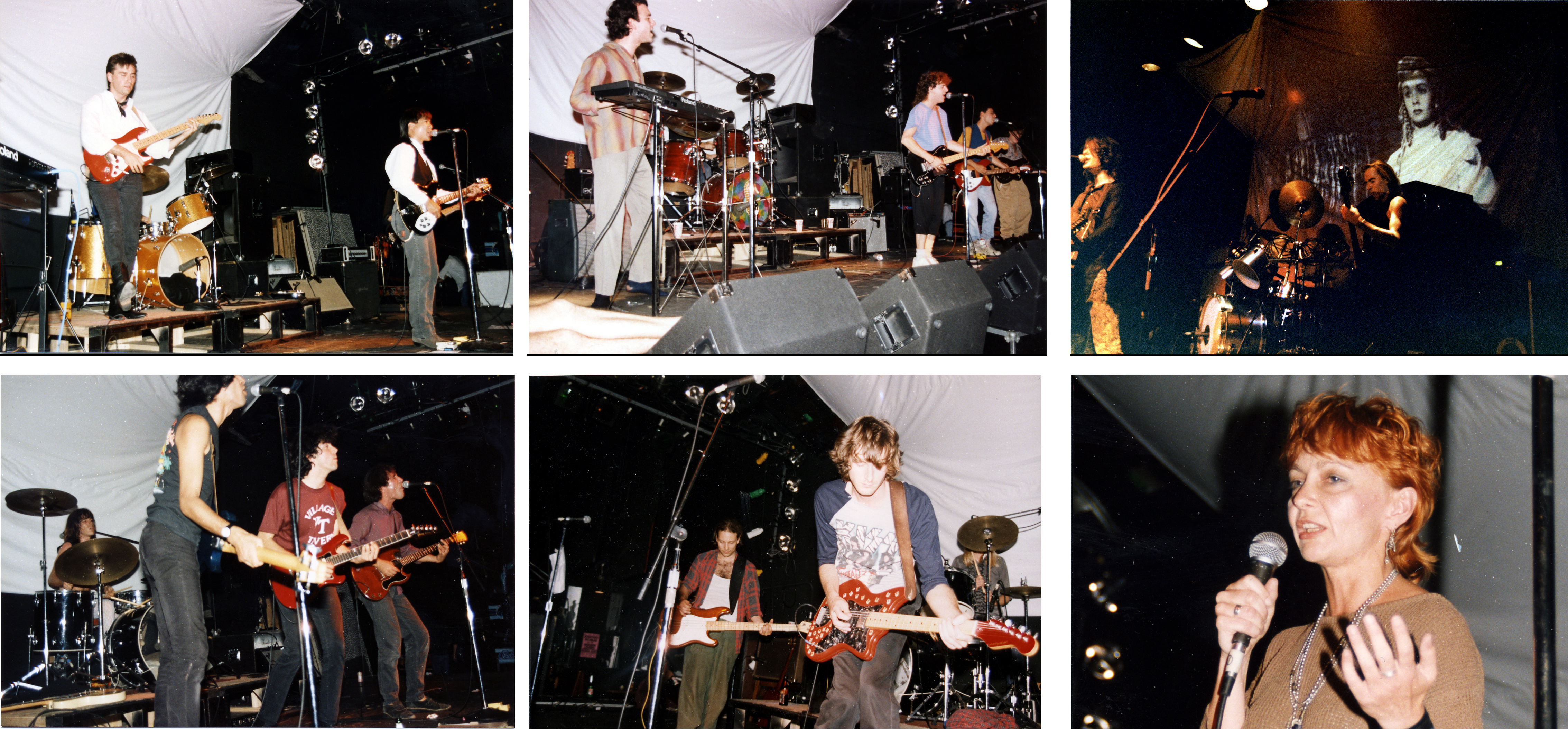
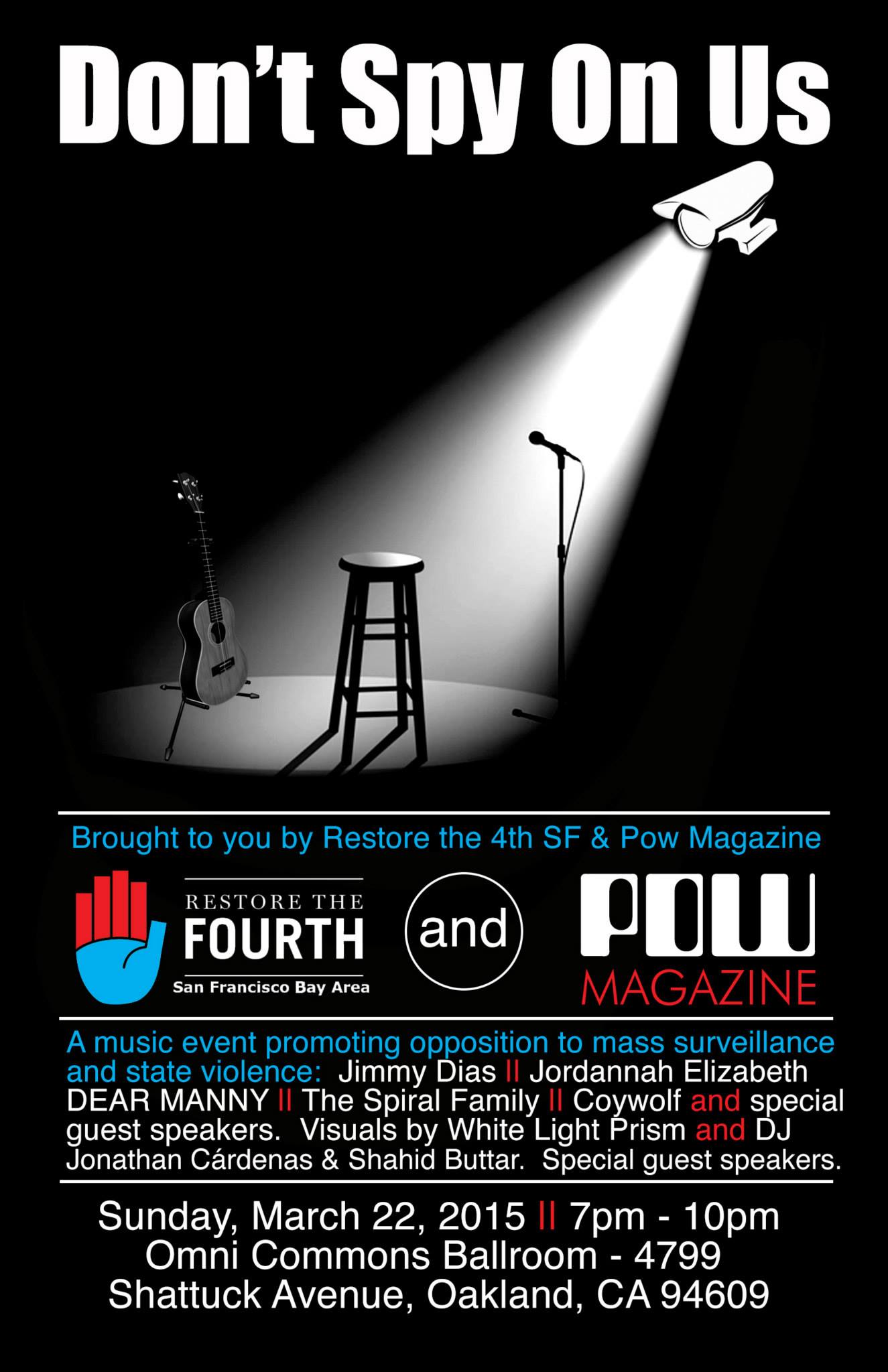
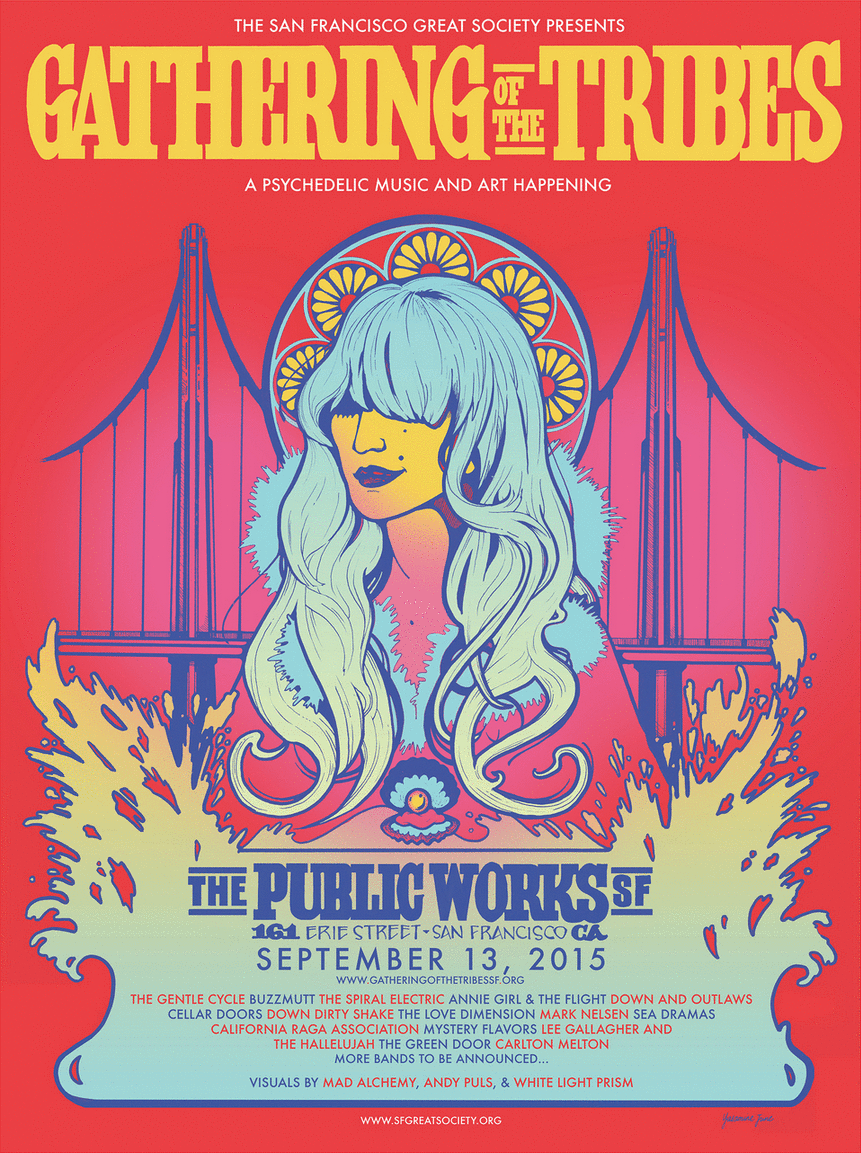
(Poster designed by Yasamine June, 2015)
Now in its seventh year, POW Magazine has established itself as a global source for music, art, film, and culture. Music remains at its core, with record reviews, live performance videos, artist interviews, and coverage of music festivals all regularly shared on POW’s site and social media platforms. By meeting and celebrating up-and-coming acts, POW aspires to help artists grow and expand their horizons via social media outlets, interviews, video documentation, and live events, helping drive their exposure.


